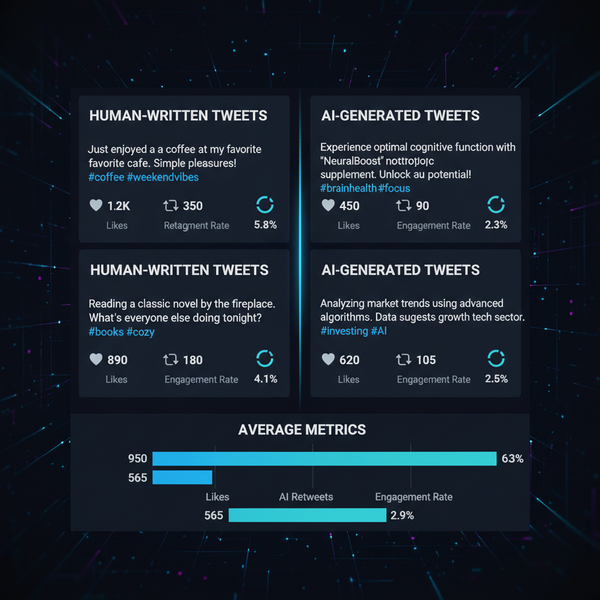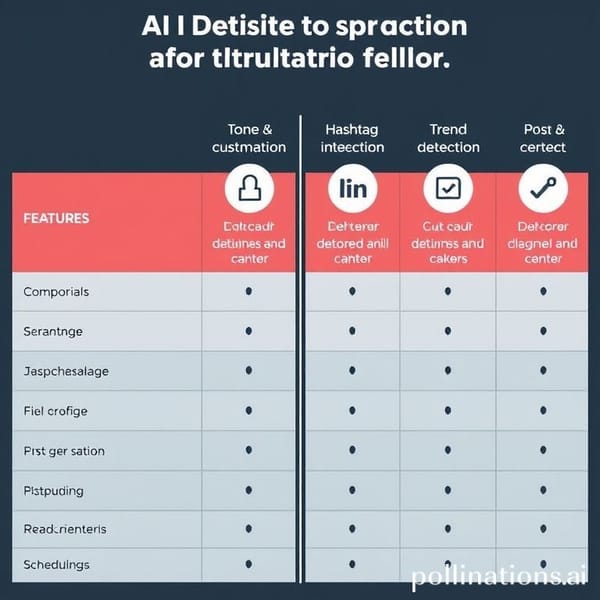Post and Optimize Photos on Twitter for Higher Engagement
Learn how to post and optimize photos on Twitter using correct sizing, captions, hashtags, and alt text to boost engagement and visibility.
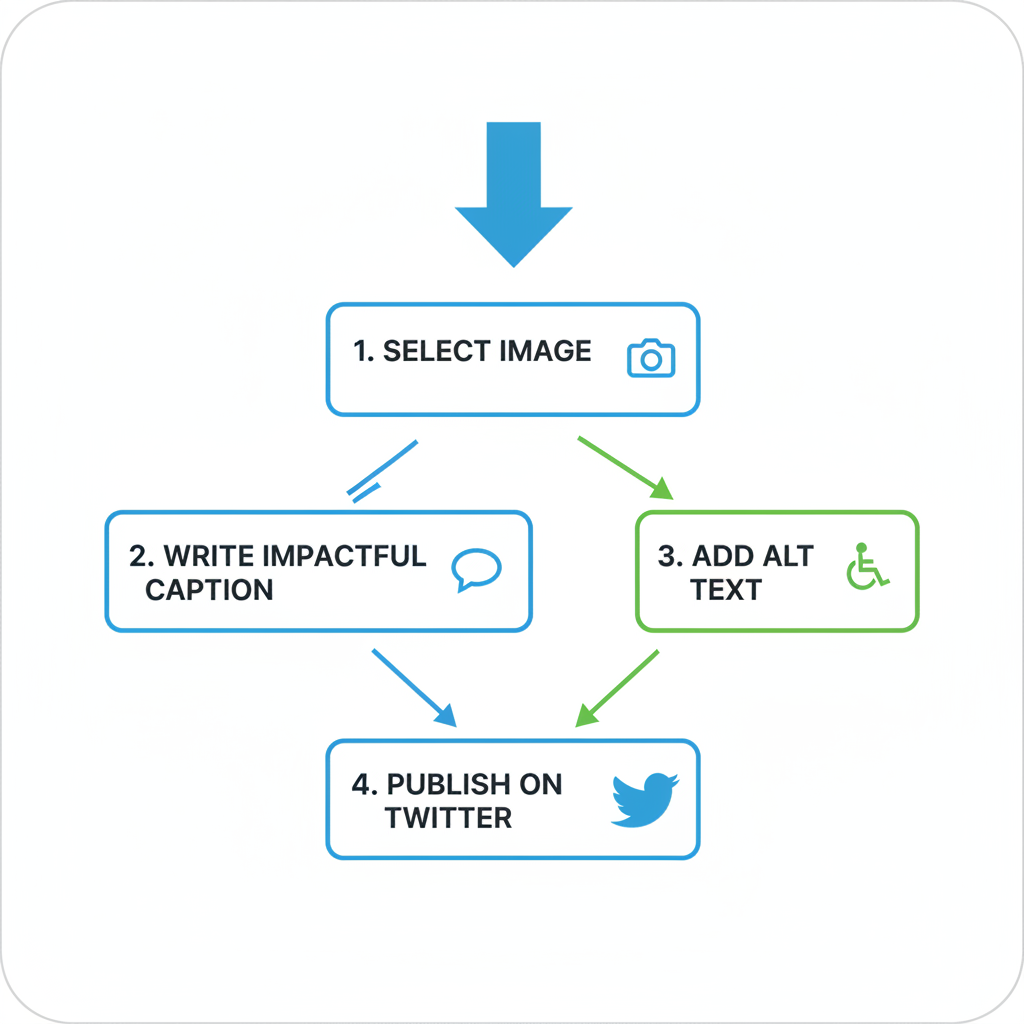
Post and Optimize Photos on Twitter for Higher Engagement
Twitter is a fast-moving, visually oriented platform where photos on Twitter can dramatically increase engagement rates. Whether you are showcasing a product, sharing an exclusive behind-the-scenes moment, or sparking conversation, knowing how to post and optimize photos effectively will elevate your visibility and interactions. This guide explores practical tips on dimensions, composition, captions, hashtags, and timing for maximum impact.

---
Understanding Twitter Image Size and Aspect Ratio Guidelines
One of the most overlooked tactics for increasing engagement with photos on Twitter is ensuring format compliance. Correct sizing helps your images appear sharp and fully visible in feeds and previews.
Key specs:
| Type | Recommended Size | Aspect Ratio | Max File Size |
|---|---|---|---|
| Single Image (in-stream) | 1200 x 675 px | 16:9 | 5MB (JPG/PNG) |
| Multiple Images (carousel) | Varies – 2 images: 7:8 each | Depends on count | 5MB each |
| GIF | Varies | Flexible | 15MB |
Tips:
- Avoid excessive text — cropping differs between mobile and desktop views.
- Test posts across devices to confirm optimal display.
- Respect maximum pixel specs to prevent unwanted compression.
---
Choose High-Quality, Visually Striking Images
Your photo is the first hook; low-quality visuals are ignored, but sharp, well-composed images command attention in crowded timelines.
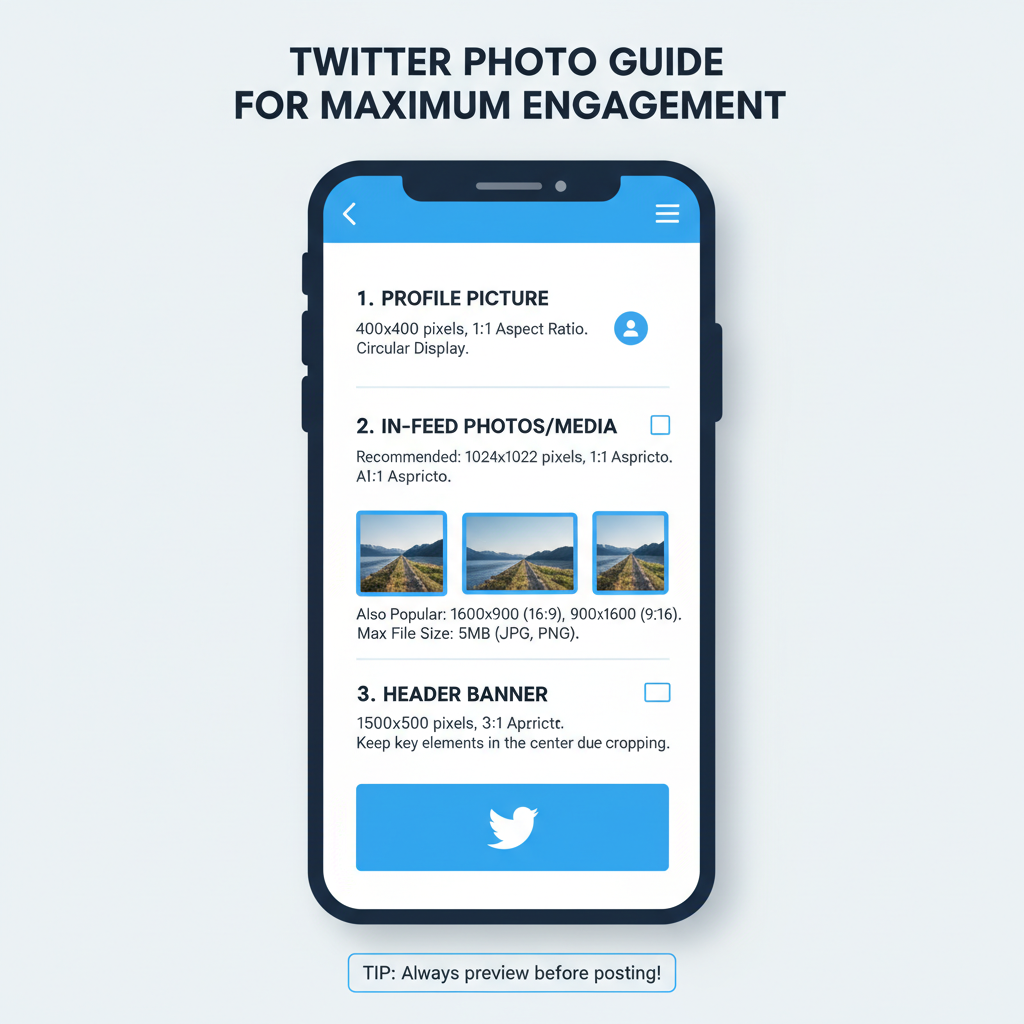
How to Select the Right Photo
- Relevance: Match imagery to your tweet’s topic or trending discussions.
- Brand fit: Integrate consistent colors and themes.
- Composition: Apply principles like the rule of thirds and balanced lighting.
- Emotion: Choose images that spark curiosity, joy, or urgency.
Whenever possible, produce custom visuals instead of relying on generic stock content—it strengthens authenticity and brand identity.
---
Craft Captions That Amplify Your Photo’s Impact
A compelling image will draw eyes, but effective captions drive clicks, comments, and shares.
Elements of an Effective Caption
- Hook: Capture interest in the opening words.
- Humor: Relevant wit can boost virality in the right niche.
- Storytelling: Provide context or evoke emotion in one or two sentences.
- CTA: Encourage specific user actions.
Example:
"When your product lands in the spotlight 🌟
How would YOU style it? #DesignGoals"Aim for brevity paired with impact—Twitter audiences scroll quickly.
---
Add Alt Text for Accessibility and SEO Inside Twitter
Twitter's alt text field improves accessibility for visually impaired users and slightly enhances discoverability in Twitter's internal search.
Benefits of Alt Text:
- Gives descriptive context to assistive technologies.
- Provides metadata for relevance in searches.
- Supports keyword alignment (e.g., "photos on Twitter," "product launch").
Best practices:
- Write concise literal descriptions.
- Integrate keywords naturally.
- Avoid repeating caption text unless it adds clarity.
---
Incorporate Hashtags and Trends Without Overload
Strategically chosen hashtags boost reach, but too many harms your message clarity.
How to Find Trend-worthy Tags
- Check Twitter’s Trending sidebar.
- Leverage tools such as Trendsmap, RiteTag, and Hashtagify.
- Match tags to your audience’s interests.
Example blending trending and niche:
#SpringLaunch #DesignGoals #photosontwitterThis combination increases exposure while staying relevant.
---
Experiment With Diverse Media Types
Rotate your visual formats to keep engagement strong.
Popular Formats:
- Single photo: Clear and focused.
- Carousel: Ideal for tutorials or showcasing variety.
- GIFs: Capture motion and personality.
- Memes: Introduce relatable humor with viral potential.
Testing different types uncovers what your audience responds to best.
---
Time Your Posts for Maximum Visibility
The timing of your tweets affects how many eyes they attract initially. Posting when followers are most active boosts interactions.
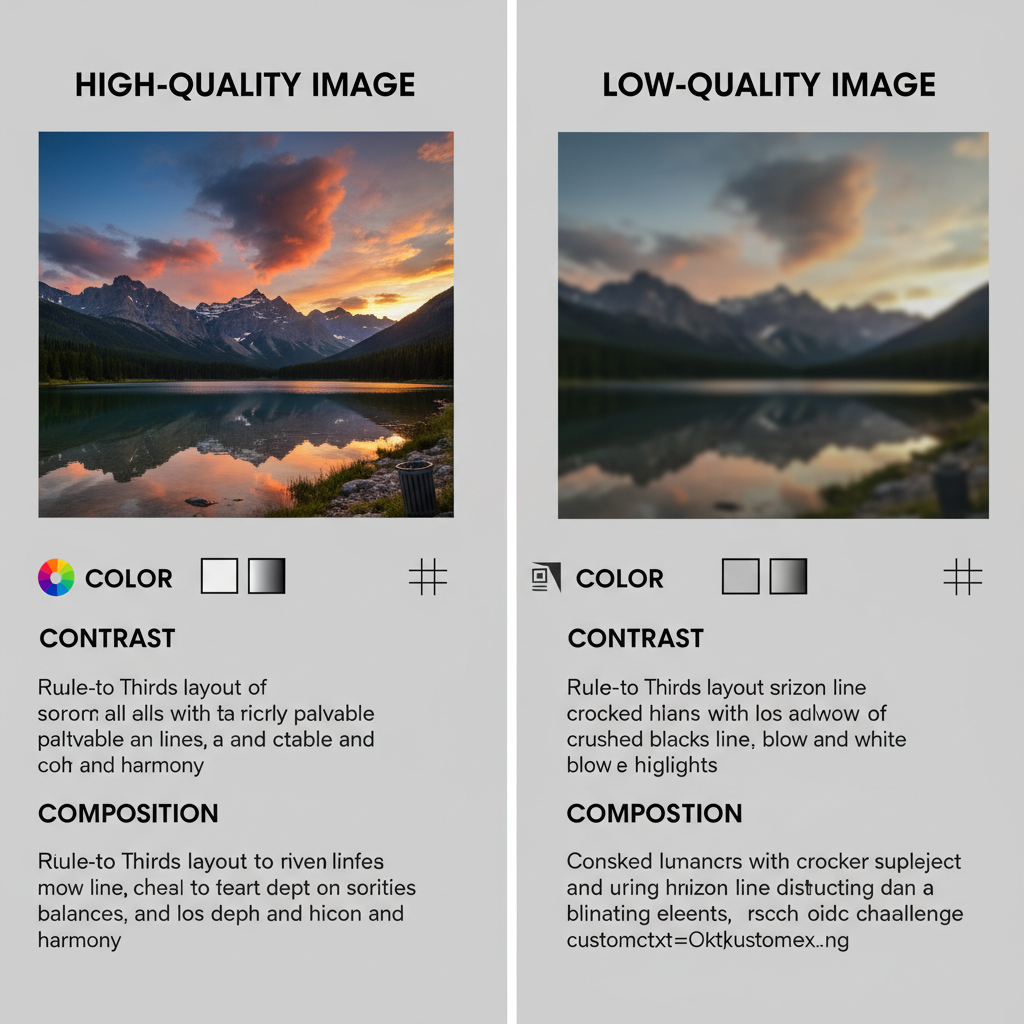
Determining Peak Times:
- Use Twitter Analytics for follower activity data.
- Conduct A/B timing experiments and note performance.
- Often, weekdays midday to early evening work well, but niches vary.
Adapt your schedule to match your audience's habits.
---
Engage Actively With Replies and Quote Tweets
Once engagement starts, sustain it. Interactions or threads help your tweet surface in more feeds.
Engagement Strategies:
- Reply promptly, ideally with additional visuals or GIFs.
- Ask follow-up questions to spark dialogue.
- Use quote tweets to amplify user responses meaningfully.
---
Monitor Metrics and Adjust Your Approach
Regular analysis is critical to refining your Twitter photo strategy.
| Metric | What It Indicates | Optimization Tip |
|---|---|---|
| Impressions | Total tweet views | Adjust posting times and hashtags |
| Engagement Rate | Percentage of viewers interacting | Test new captions and image styles |
| Retweets | Ease of shareability | Focus on universally appealing content |
| Clicks | Link interest level | Refine CTAs for clarity |
Utilize Twitter Analytics to align content with audiences’ preferences.
---
Keep Brand Presentation Consistent
A cohesive style helps followers instantly identify your posts.
Steps:
- Finalize a color palette and use it consistently.
- Use similar editing settings for all visuals.
- Maintain a uniform tone in captions.
---
Summary
Posting and optimizing photos on Twitter merges technical precision, creative selection, strategic scheduling, and audience engagement. By ensuring proper image dimensions, crafting resonant captions, applying thoughtful alt text and hashtags, experimenting with formats, and tracking analytics, you can steadily improve your tweet performance.
Start applying these methods today to increase likes, retweets, and clicks—and grow a stronger, more recognizable presence on Twitter.


